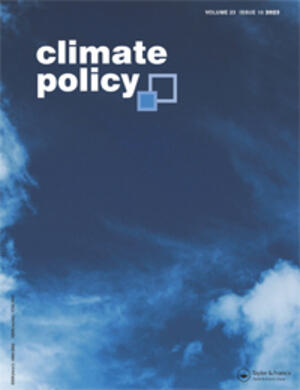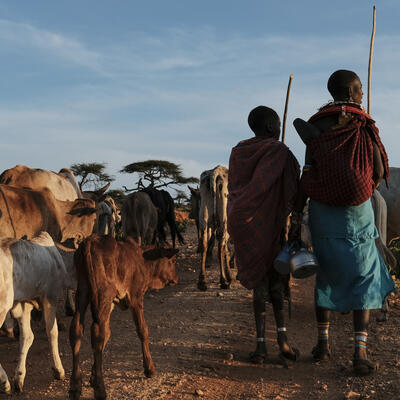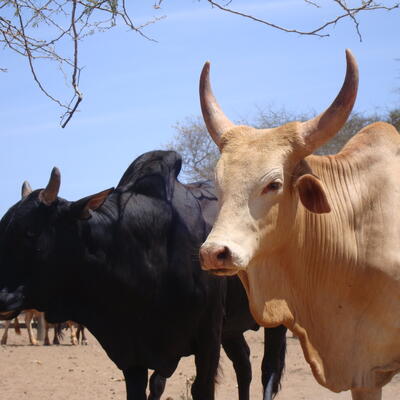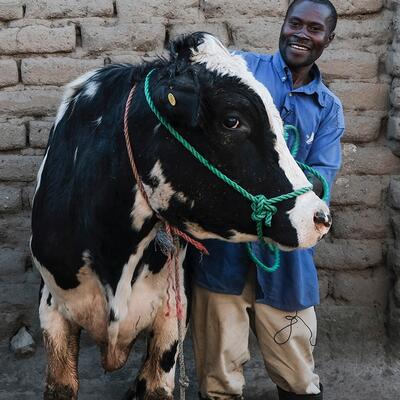

Africa Climate Summit
Small-scale farmers and pastoralists rely heavily on livestock to sustain their livelihoods, making livestock a vital source of income and nutrition security for millions in Africa. With rangelands constituting a significant proportion of the African continent, the livestock sector is also crucial in supporting the ecological balance of many African ecosystems and their contribution to national economies, which intertwines with cultural practices and local knowledge.
While the sector is responsible for 33% of total global emissions and 66% of agricultural Greenhouse Gas emissions, it is also highly vulnerable to the impacts of climate change. As such, identifying locally appropriate solutions that can build the sector's resilience while reducing emissions is a prerequisite for unlocking its full potential and ensuring long-term sustainability.
During the week, ILRI will spotlight these solutions. This will be done through side events and action hubs to catalyze an action-oriented dialogue and strategies.
ILRI Delegation
Side events
Key messages
How are livestock and the environment connected?
Context matters; properly tailored for specific communities and environments, livestock practices serve both.
Related publications

Integration and adoption of climate resilient management practices for enhanced productivity of sheep and goats in pastoral communities of northern Kenya
- Ojango, Julie M.K.
- Gitau, Jennifer
- Ndiwa, Nicholas N.
- Recha, John W.M.
- Gachora, J.
- Muigai, A.W.T.

Food System in Nandi County. A situational and stakeholder focused analysis on low emission food system development
- Jalang’o Anyango, Dorcas
- Habermann, Birgit
- Korir, Daniel





























